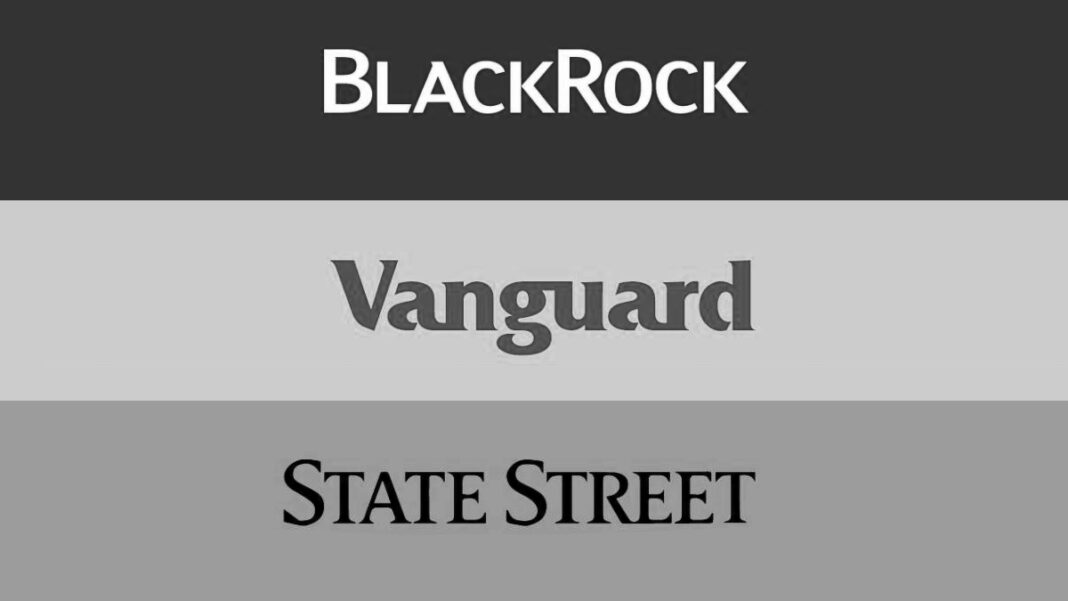BlackRock, Vanguard, and State Street control $15 trillion, posing challenges to corporate governance and competition, and concentrating power in the hands of a few, according to a new report.
Jack Bogle championed index funds as a way to democratize investments. Now the three biggest index fund managers pose a new threat, a former Federal Reserve staffer argues.
“Asset management firms have become a part of a new ‘money trust’ — a system of financial architecture dominated by a few large banks, private equity firms, and hedge funds,” Graham Steele, director of the Corporations and Society Initiative at Stanford Graduate School of Business, wrote in a new report expected to be published Tuesday. The working paper is being published by the American Economic Liberties Project, a non-profit focused on antitrust policy.
According to the paper, the stock holdings of BlackRock, Vanguard, and State Street give them “outsized influence” in corporate elections and reward anti-competitive behavior among companies in a given sector. The sheer size and interconnectedness of the three firms influence the stability of the financial system, and they benefit by providing critical infrastructure, such as custody and technology platforms.
Even though BlackRock and the other firms don’t own the underlying assets that they manage, they still control many activities, including voting shares, Steele said. According to the paper, BlackRock, Vanguard, and State Street manage over $15 trillion in global assets, which is equal to approximately three-quarters of the U.S. gross domestic product. The asset management industry has also grown more concentrated over the last decade, with these three firms attracting 82 percent of all investor money over the time period. BlackRock, State Street, and Vanguard also control between 73 percent and 80 percent of the exchange-traded fund market, according to Steele.
That dominance means that when combined, the “Big Three” are the largest shareholder of 88 percent of firms in the S&P 500.
This concentrated ownership has several potential consequences, according to Steele. One example is the rise in stock buybacks. Research from Lucian A. Bebchuk and Scott Hirst has found that companies with a high amount of index fund ownership have increased stock buybacks more rapidly than peers with more diverse ownership.
The largest asset managers also provide related technology and financial services to external firms that further increase their power and influence. BlackRock, for example, has its Aladdin platform, while State Street has its global custody business.
Ironically, low fees, which benefit investors, have driven much of the concentration in the asset management industry.
“The outsized footprint of a few large financial companies poses new issues for the governance of corporate America, the competitiveness of our economy, the concentration of political power, and the stability of financial markets,” Steele wrote.
By Julie Segal









